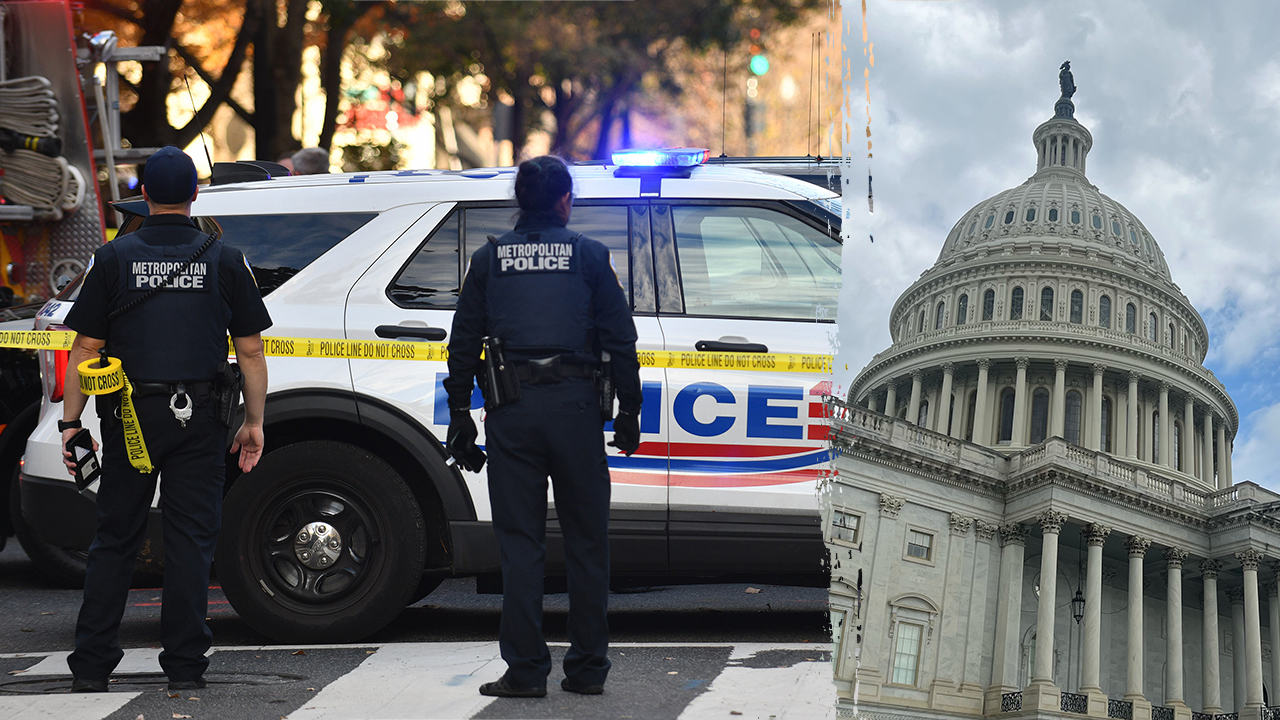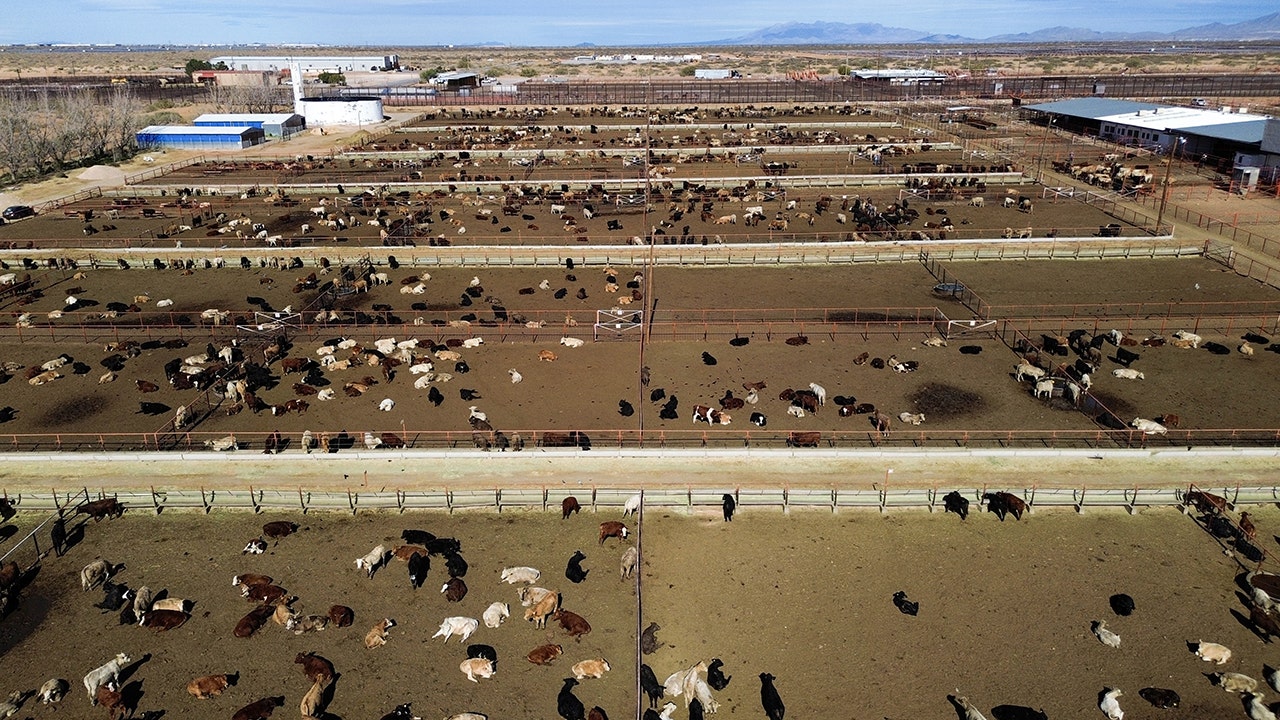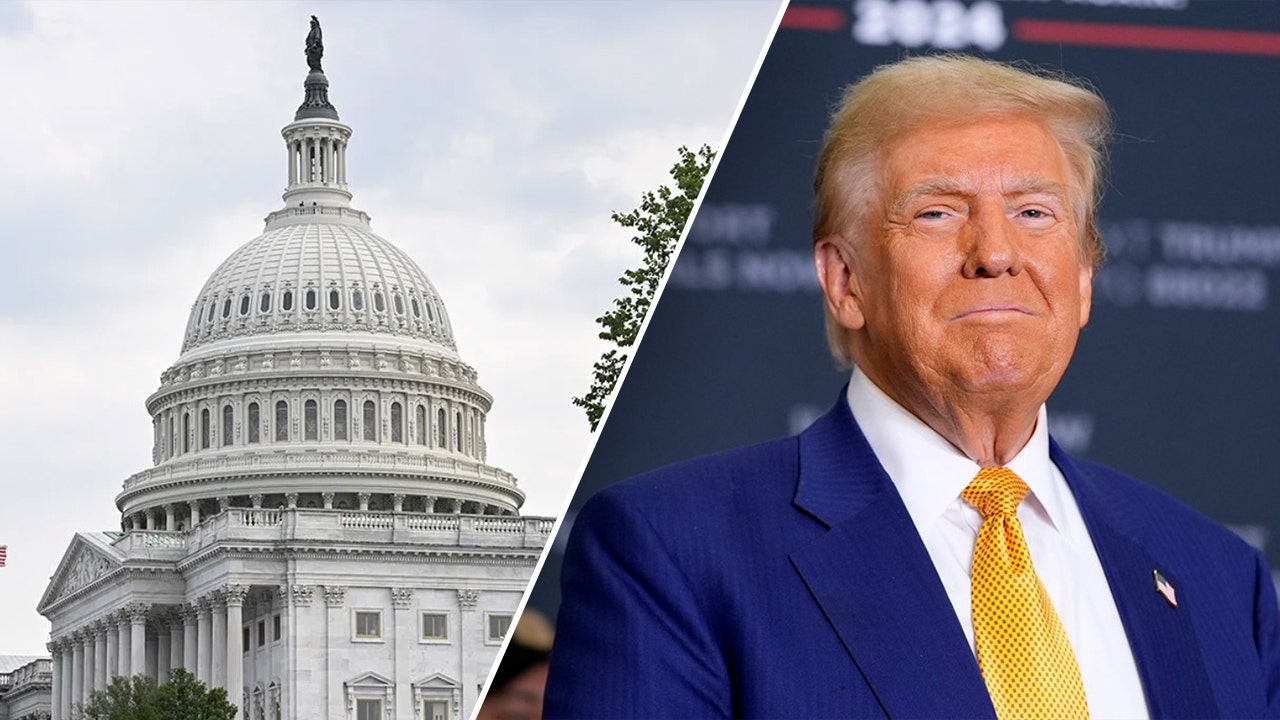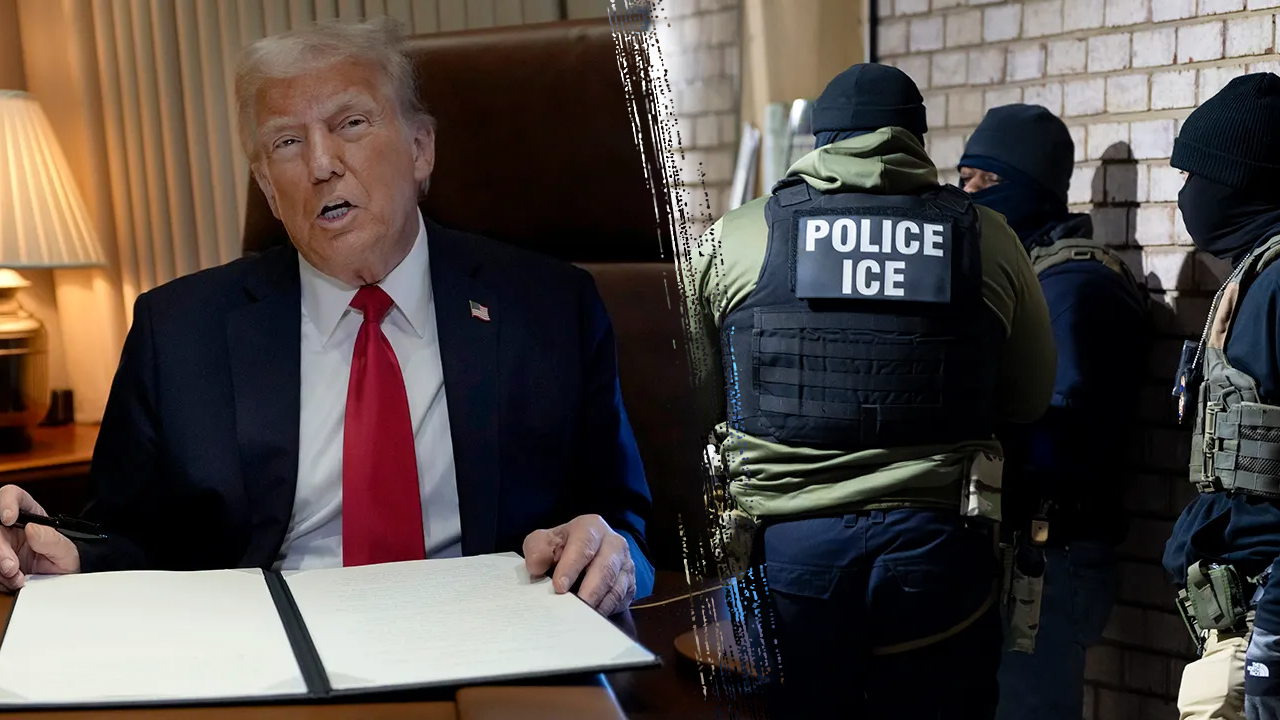The Trump administration is temporarily banning imports of cattle, horses and bison through ports along the southern border because of the rapid northern spread of New World Screwworm (NWS) in Mexico.
U.S. Department of Agriculture (USDA) Secretary Brooke Rollins announced the suspension in an X post on Sunday.
“Due to the threat of New World Screwworm I am announcing the suspension of live cattle, horse, & bison imports through U.S. southern border ports of entry effective immediately,” she wrote. “The last time this devastating pest invaded America, it took 30 years for our cattle industry to recover. This cannot happen again.”
The USDA said in a press release the first case of NWS in Mexico was reported to the U.S. in November 2024.
EXCLUSIVE: CATTLE INDUSTRY CHIEF WARNS FLESH-EATING FLY MENACES US HERS AS MEXICO YIELDS ON PEST FIGHT
The problem is when NWS fly maggots burrow into the flesh of living animals, they can cause serious and often deadly damage to the animal, the USDA said. The types of animals NWS maggots can infest include pets, livestock, wildlife, birds, and in rare cases, humans.
According to the USDA, NWS was recently detected in remote farms with minimal cattle movement as far north as about 700 miles from the U.S. border.
The U.S. and Mexico are working together to eradicate NWS before the deadly parasitic fly works its way to the southern border.
USDA THREATENS TO HALT MEXICAN BEEF IMPORTS OVER FLESH-EATING FLY CRISIS’
Effective immediately, the USDA said, the agency’s Animal Plant Health Inspection Service (APHIS) and U.S. Customs and Border Protection are restricting the imports of live animal commodities originating from or transiting through Mexico.
The suspension will continue on a month-to-month basis, until “a significant window of containment is achieved,” the USDA said.
Livestock currently being held for entry into the U.S. will be processed normally, the USDA added, and will be inspected by a port veterinary medical officer and treated to ensure they are not carrying NWS.
MAINE’S FEDERAL FUNDING FREEZE FROM TRUMP’S USDA REVERSED
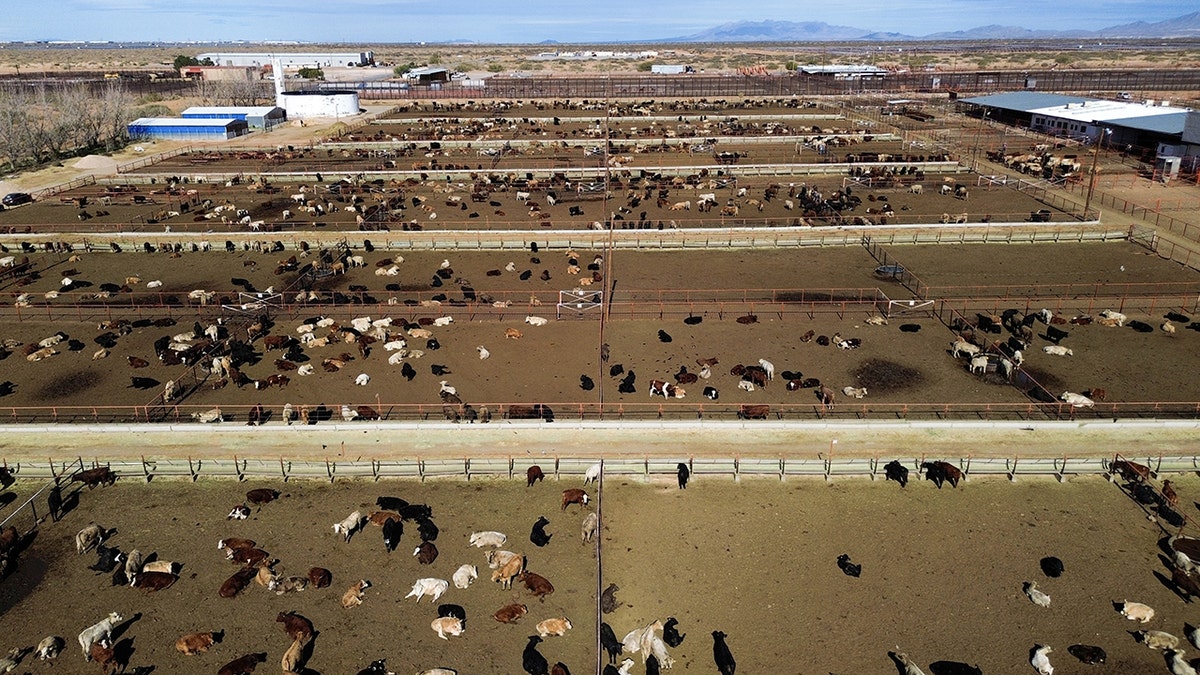
“Secretary Berdegué and I have worked closely on the NWS response; however, it is my duty to take all steps within my control to protect the livestock industry in the United States from this devastating pest,” Rollins said of the work she had done with her Mexican counterpart. “The protection of our animals and safety of our nation’s food supply is a national security issue of the utmost importance. Once we see increased surveillance and eradication efforts, and the positive results of those actions, we remain committed to opening the border for livestock trade. This is not about politics or punishment of Mexico, rather it is about food and animal safety.”
The U.S. and Mexico are taking a three-pronged approach toward achieving the eradication of NWS, which includes field surveillance with education and outreach that ensures prevention, treatment and early detection. The approach also includes controlling animal movement to limit the spread of NWS and sustained sterile insect dispersal.
This is not the first time the need to eradicate NWS has occurred. In fact, the Centers for Disease Control and Prevention (CDC) said NWS was eradicated in the U.S. in the 1960s and in Mexico in the 1970s.
However, the eradication of the deadly worm cost billions of dollars and took decades.
Read the full article here




